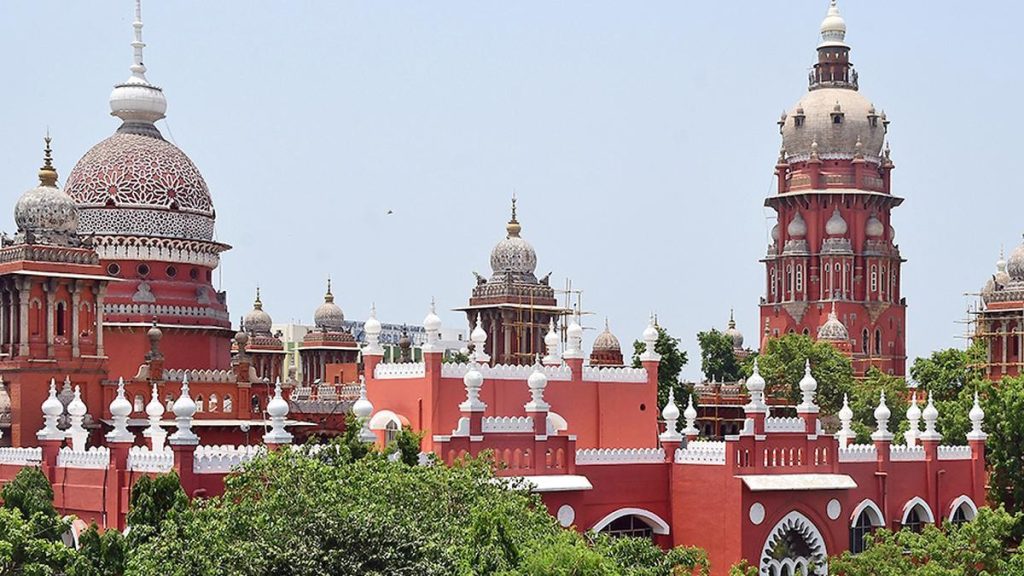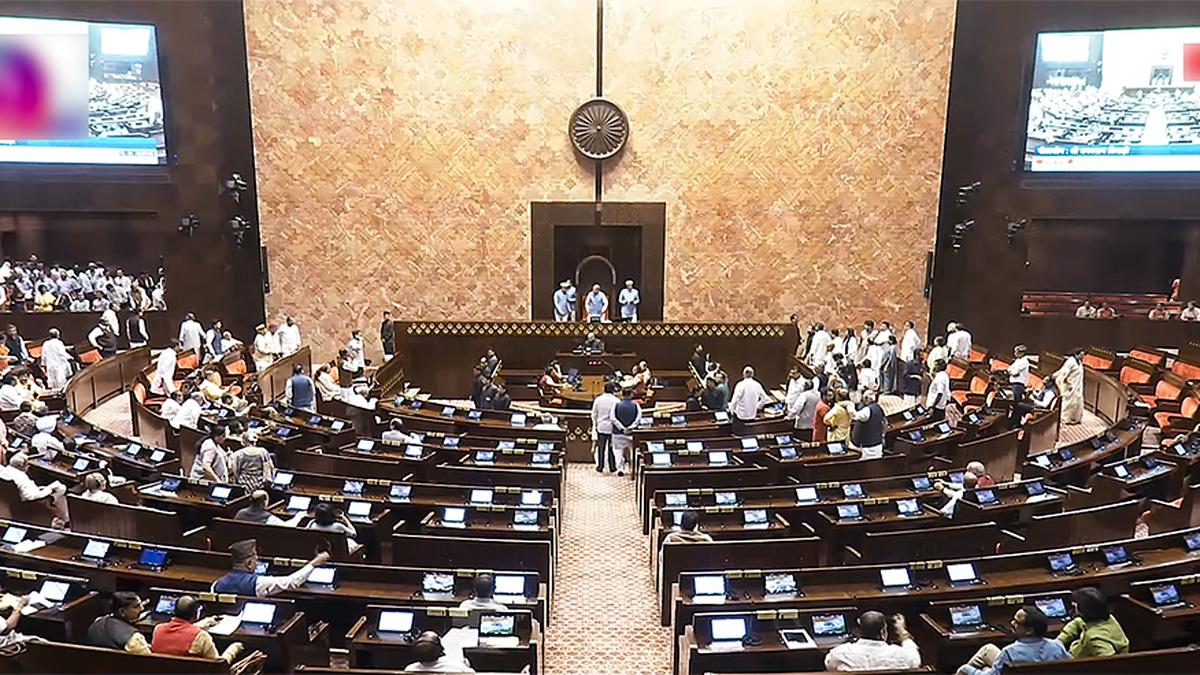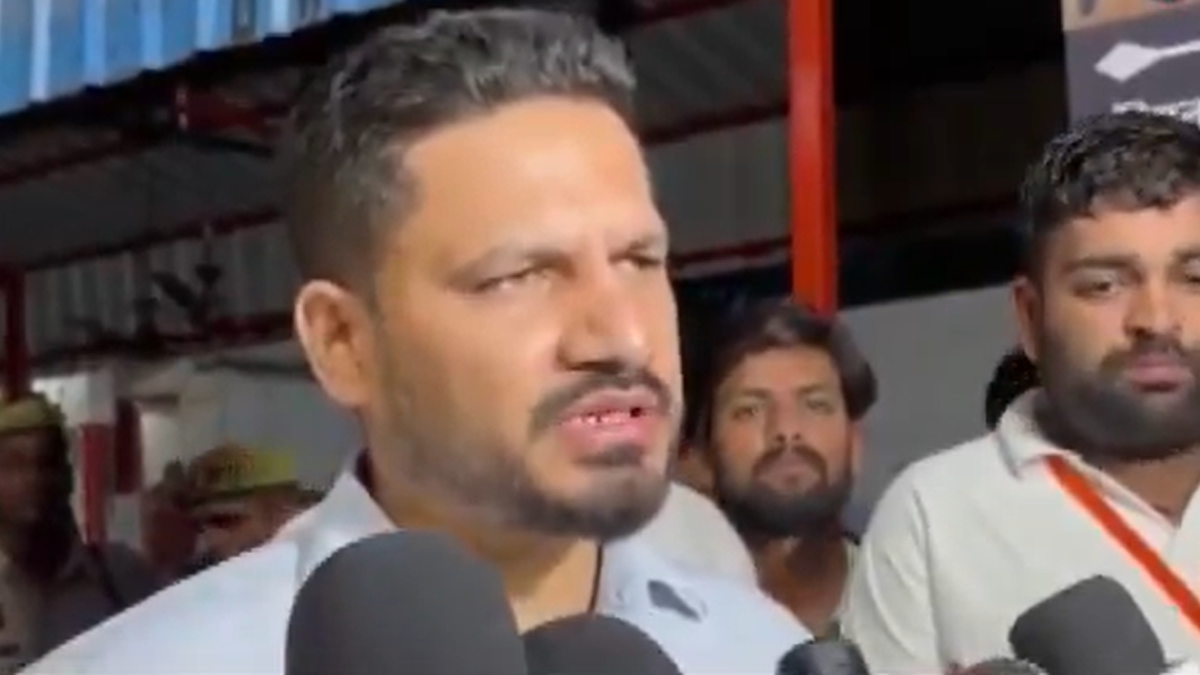Now Reading: SIT Urged to Probe Murders Linked to Dharmasthala, Beyond Mass Burial Case
-
01
SIT Urged to Probe Murders Linked to Dharmasthala, Beyond Mass Burial Case
SIT Urged to Probe Murders Linked to Dharmasthala, Beyond Mass Burial Case
Quick Summary
- Teh Dakshina Kannada District Convention of Akhila Bharata Janavadi Mahila Sanghatane took place in Mangaluru, demanding an impartial probe into suspicious deaths in the dharmasthala region. Thay specifically called for murder cases involving Padmalatha, Soujanya, Vedavalli, and Yamuna to be included under the government’s Special Investigation Team (SIT).
- The convention resolved to urge the Karnataka government to operate KSRTC buses across more feasible routes in Dakshina Kannada district to ensure that women can benefit from the Shakti free travel scheme.
- Additional resolutions included combating communalism and addressing oppression against women.
Keynote speaker writer Sabitha Bannadi inaugurated the event alongside other notable attendees such as poet chandrakala nandavara and theater artist Geetha Surathkal. Discussions emphasized that private bus monopolies challenge public transit effectiveness, depriving women of free travel access on many routes.
Indian Opinion Analysis
The demands presented at this convention underscore critical regional concerns affecting equitable justice and accessibility for women in Dakshina Kannada district. Expanding KSRTC bus services is a logistics issue but has broader socioeconomic implications; ensuring mobility under schemes like Shakti can considerably empower women lacking affordable alternatives due to private monopolies on transport routes.
Meanwhile, calling for clear investigations into suspicious deaths highlights persistent public skepticism surrounding high-profile crime cases within local communities-potentially undermining trust in governance structures if unresolved adequately. The focus on reducing oppression against women further aligns with wider trends advocating better legal protection and social reform against systemic gender disparities.
These discussions emphasize interconnected issues-justice delivery processes, infrastructure gaps, and societal challenges-that will require consistent administrative attention over time.

























